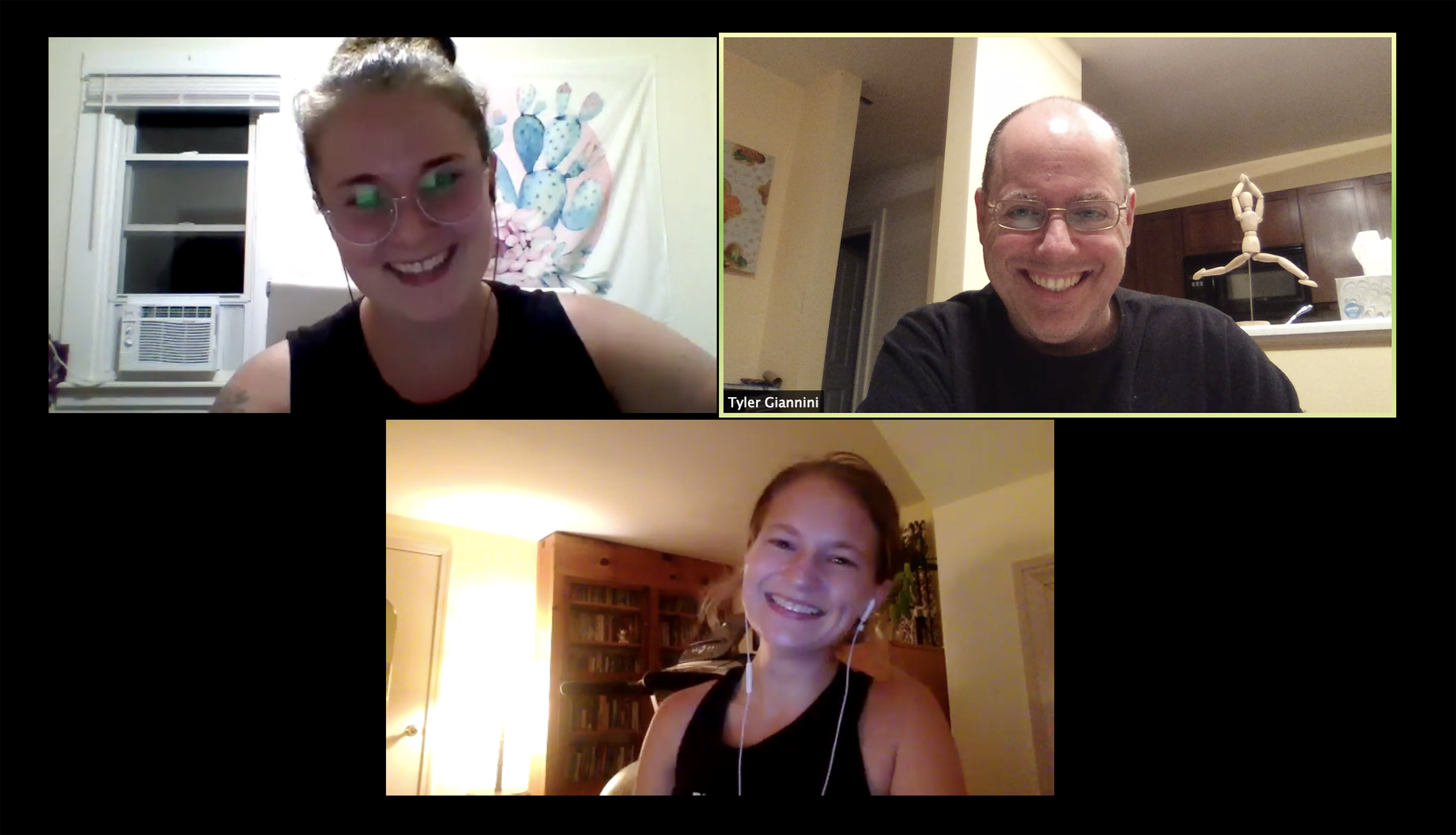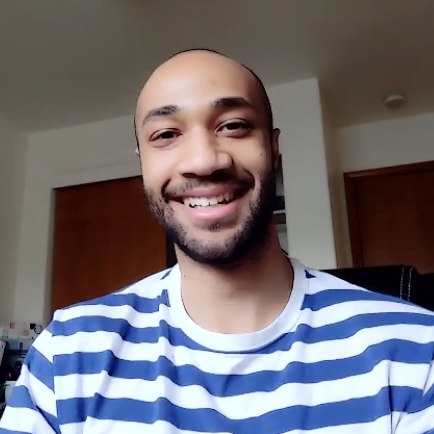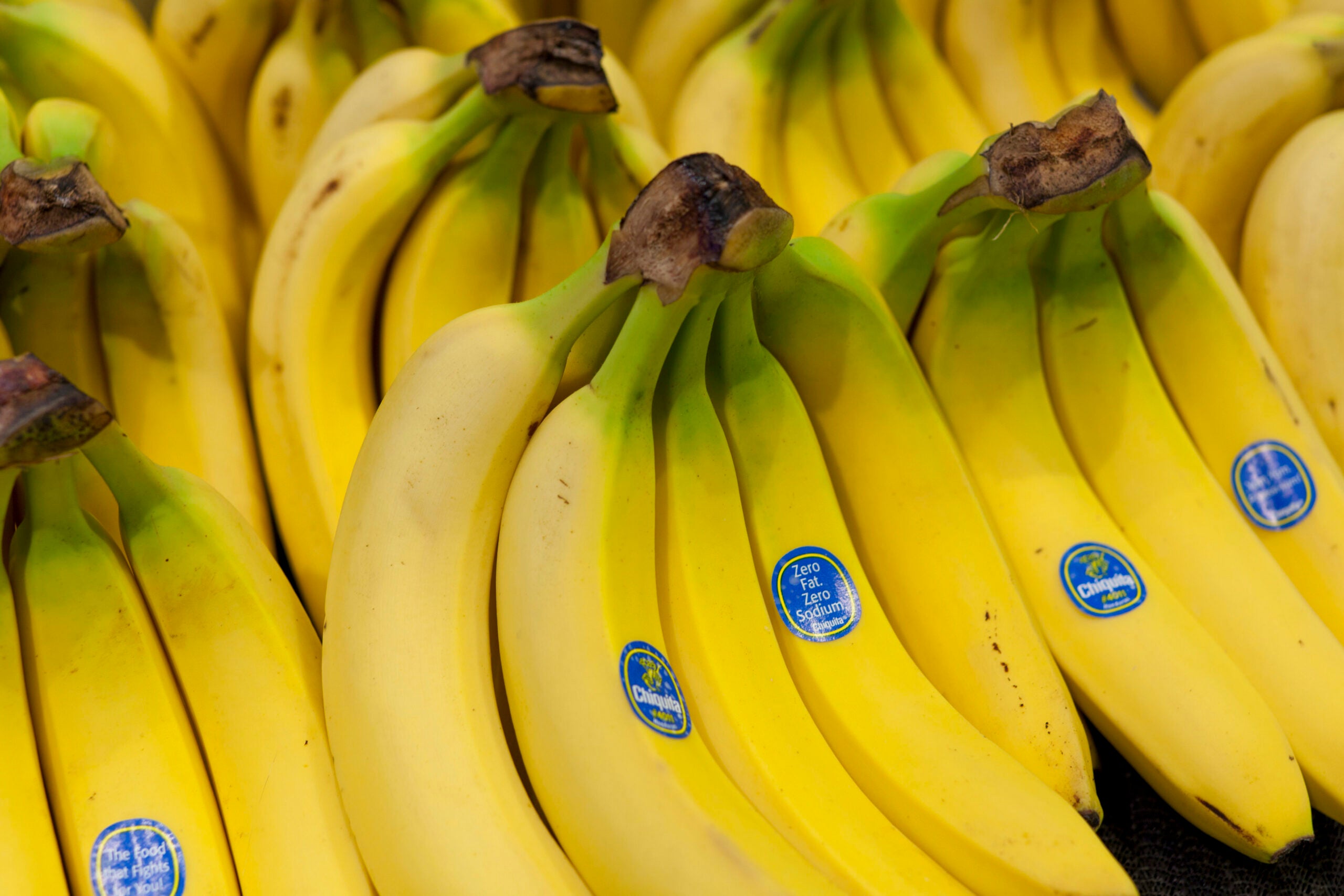If everything had gone according to schedule, the International Human Rights Clinic (IHRC) would have filed an amicus curiae brief in December 2019 in a case against Chiquita Brands International, the world’s largest banana company. The suit, on behalf of families who suffered mass atrocities by paramilitary groups during the Colombian armed conflict, seeks accountability for the reign of terror Chiquita aided and abetted from 1997 to 2004.
However, after several delays and further challenges caused by the pandemic, the clinic and the Center for Justice and Accountability (CJA) finally filed the brief on behalf of human rights experts on June 5, 2020. The process included dozens of drafts and memos, multiple back-and-forths with amici, and hundreds of hours of time of a dozen alumni and students in multiple time zones. The amicus brief is one small part of a larger, evolving corporate accountability litigation landscape, one in which the clinic has been involved for decades. In a globalized economy where supply chains are diffused, attorneys and affected communities have sought to use U.S. courts to stop U.S. corporations and executives from assisting in violating human rights abroad.
“Chiquita and cases like it present a central question facing U.S. courts today—whether the United States is going to become a safe haven for U.S. corporations implicated in human rights violations outside the country,” said Tyler Giannini, co-director of Harvard Law School’s Human Rights Program (HRP) and the IHRC.

Giannini, who supervised the team and is an expert in corporate accountability and human rights litigation, was not worried about the brief or the students’ ability to complete the work from afar. When Harvard Law School assumed remote operations in March, he knew the clinical team was deeply committed. Many of the students had spent multiple semesters in the IHRC and had devoted extracurricular and internship hours to human rights more generally. Because of the delays, the group had already put in countless sessions and drafting meetings. They had a strong team dynamic that fostered open communication and collaboration. Emily Ray ’21, Matthew Farrell ’21, Celeste Kmiotek ’20, Jasmine Shin ’21, Julia Wenck ’20, and Mahmoud Serewel LLM ’20 all contributed: from research and writing, to last minute drafting and citation checks, to coordinating between amici and their counsel in the clinic and CJA—all while working on other clinical projects under Giannini and taking the regular HLS course load.

“I came to HLS to become a human rights attorney,” said Kmiotek, who is undertaking a Public Service Venture Fund (PSVF) Fellowship at the UK-based human rights organization, REDRESS, in the next year. “Working alongside the other students, it was clear we shared a commitment to finding legal solutions for survivors of human rights violations to achieve some measure of justice. When the law school went remote, we only worked harder,” she added.
The brief in Doe, et al. v. Chiquita Brands International presented a challenge. Chiquita had entered a plea agreement with the U.S. Department of Justice in 2007 and paid a $25 million fine for its financing of the Autodefensas Unidas de Colombia (United Self Defense Forces of Colombia or “AUC”). Still, despite widespread recognition of the AUC’s role in perpetrating mass atrocities and Chiquita’s public record of association, the court decided the case could not go to trial. The District Court never reached the question of Chiquita’s role in the horrors committed over two decades ago, instead, ruling that there was not enough evidence to tie the AUC to crimes against the plaintiffs’ families at all.
Wenck, who has spent four semesters in the clinic and who will be an associate at Cleary Gottlieb Steen & Hamilton LLP starting this fall, said that working on the brief challenged the clinical team to think creatively about evidentiary arguments. “Law school generally teaches us how to apply legal arguments to the specific facts of the case, but in supporting amici we had to learn to approach the brief differently and focus on more thoroughly explaining a specific area of law,” she said.
The amicus brief specifically took issue with the court’s evidentiary standards, arguing that it improperly considered each piece of evidence individually rather than as a totality. As human rights experts, the amici were particularly concerned with the implications for mass atrocity cases where the totality of evidence, including circumstantial and pattern evidence, is so critical.
“There are fundamental and well-established principles for reviewing evidence in its totality based on the precedent in both U.S. and international law,” said Farrell, who led the clinic team through the early spring in brainstorming, drafting, and communication with amici. “In cases like this where powerful actors have caused massive harm, courts must recognize the fundamental rules of evidence in order to ensure a fair and just legal process.”
The brief ended up comparing the issue of mass atrocities to other situations where mass crimes or torts occur. “We discussed how the case would affect many types of ‘complex litigation’ matters, and we drew parallels to organized crime in the United States, for example,” Shin said.
Claret Vargas ’10, senior staff attorney at CJA, praised the “deeply collaborative ethos that the HLS International Human Rights Clinic has always sought to achieve, and which the students embodied throughout the drafting process and, in particular, during the intense last days before the filing deadline.”
In those final days at the beginning of June, Ray and Kmiotek put in hours of coordination and revision. HLS classes had ended months before, but the two tirelessly navigated the bureaucratic processes of submission and worked with last minute requests for additional research from amici and their counsel.
“Working on this brief meant lost sleep, a lot of coffee, and a stretch where I think my roommate forgot that I existed while I was holed up in my room typing,” Ray said. “But it was all completely worth it. Being given the opportunity to work that hard to move the needle one notch closer to accountability for corporations like Chiquita is why I came to law school. This experience taught me about what it takes to be a zealous advocate for human rights, and I was honored to learn from the attorneys I worked with, even when we were all going a little insane from proofreading.”
Ray and Shin will be back in the clinic this coming fall. With HLS fully online, it will be another remote semester—and another amicus brief will be on tap. The U.S. Supreme Court will be reviewing Doe v. Nestle, a case involving the well-known chocolate company and the use of child labor in Côte d’Ivoire. What the Supreme Court decides in that suit will have vast implications for the clinic’s work, and more broadly, for the future of corporate human rights litigation in the United States.
Previous clinic efforts to hold Chiquita responsible for its abuses have occurred on the international stage. In 2017, the clinic joined other human rights groups in calling on the International Criminal Court to investigate the complicity of Chiquita executives in crimes against humanity.
